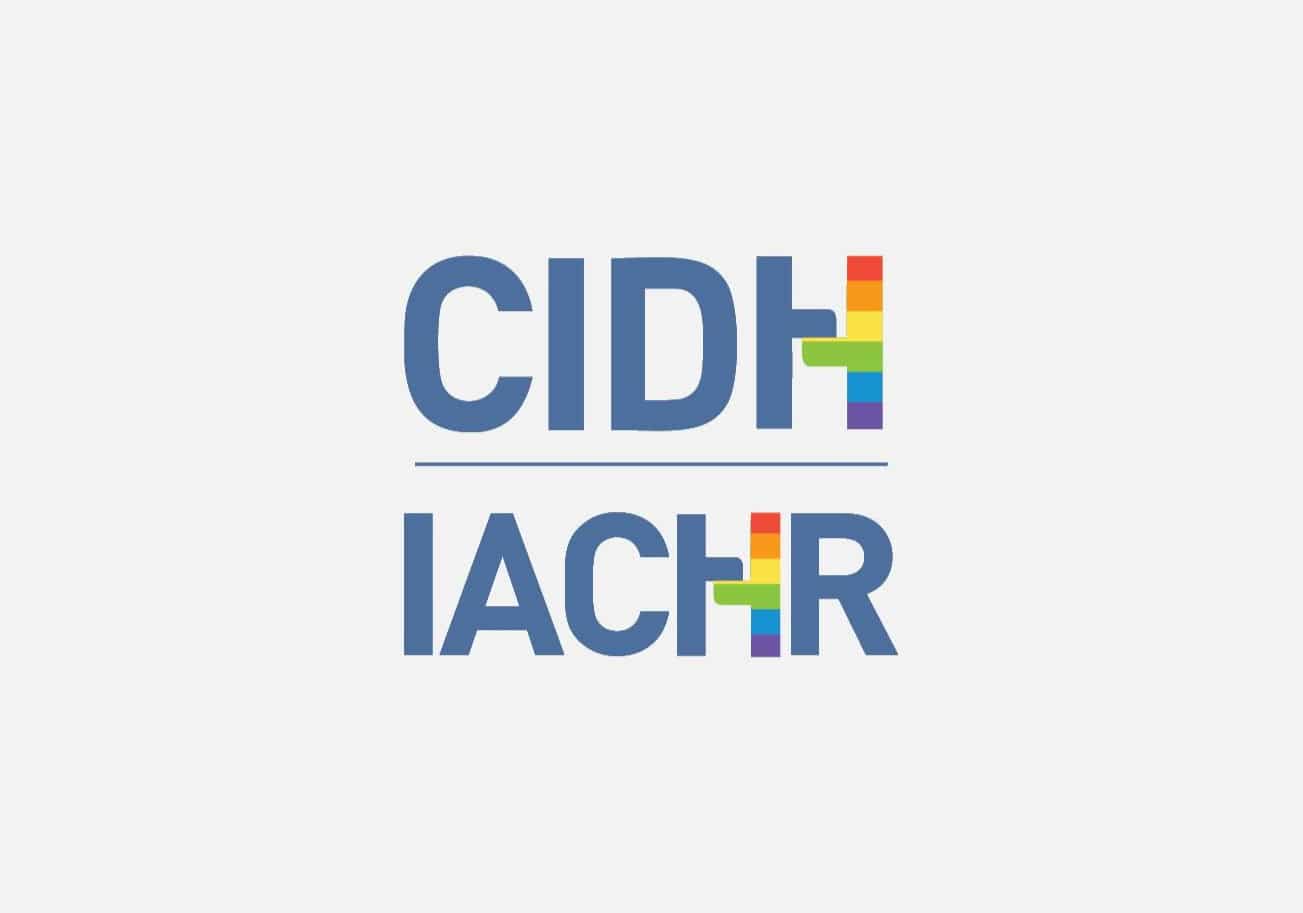Earlier this month, the Office of the Special Rapporteur on Economic, Social, Cultural and Environmental Rights (REDESCA) of the Inter-American Commission on Human Rights (IACHR) launched an online questionnaire to understand the relationship between the reduction of methane emissions in the waste sector and the protection of waste pickers’ economic, social, cultural and environmental rights.
IACHR Report Spotlights Waste Pickers’ Crucial Role in Reducing Emissions
The Special Rapporteur on REDESCA is an independent expert who is responsible for monitoring specific human rights in Latin America and the Caribbean. This consultation is part of a process to develop a thematic report on the transition to sustainable waste management systems. The report will offer important guidance for the development of inclusive public policies that guarantee waste pickers’ rights in processes to integrate them into recycling systems, as well as circular economy and Extended Producer Responsibility schemes.
In the consultation announcement the Special Rapporteur highlights, “...the crucial role of waste pickers, who, by diverting waste from open dumps, avoid methane generation in stagnant waters and anaerobic conditions caused by uncollected waste, contributing significantly to the mitigation of emissions from deficient or non-existent waste management systems.”
New Thematic Report Reflects Another Milestone in WIEGO’s Engagement with the IACHR
Since 2017, WIEGO has worked with RedLACRE to document the working conditions of waste pickers as human rights violations and to advocate for greater focus on the rights of workers in informal employment. As a result, REDESCA has visited waste pickers in Perú, México, Costa Rica, Panamá, Argentina and Uruguay; called for the protection of their right to work and organize in annual reports; and – most recently – organized a thematic hearing of the IACHR, where the government of Argentina was called on to account the severe situation facing the working poor due to the dismantling of social policies.
The IACHR’s thematic reports strengthen human rights standards, by providing in-depth analysis of, and authoritative recommendations on, the human rights standards, principles, and best practices that are relevant to the theme. This makes them an important tool for worker organizations across the continent to push for reforms that can realize their rights to work and rights at work. For waste pickers, this includes protecting their essential role working in solid waste management systems.
"This is the first time that the Inter-American Commission on Human Rights will articulate regional human rights standards that guide States on how to treat waste pickers,” says Tania Espinosa Sanchez, Latin America Coordinator for WIEGO’s Law Programme.
“This report must be developed from a technical perspective on waste management, but also, undoubtedly, from the experience of waste pickers in their daily work. There is no way that waste management and climate change mitigation can improve if the working conditions of waste pickers do not improve, thereby enhancing the positive impact that their work already has."
Waste Pickers and Allies Can Share Their Views until the End of July
Waste picker organizations, civil society organizations, national human rights institutions, academic institutions, and individual experts are invited to submit their feedback by July 15, 2025.
On July 24, 2025 the IACHR will hold a virtual public hearing, bringing together waste picker organizations, climate change experts, and government representatives to formulate recommendations to be included in the report. The hearing can be viewed via Zoom through a registration available on the IACHR website.
